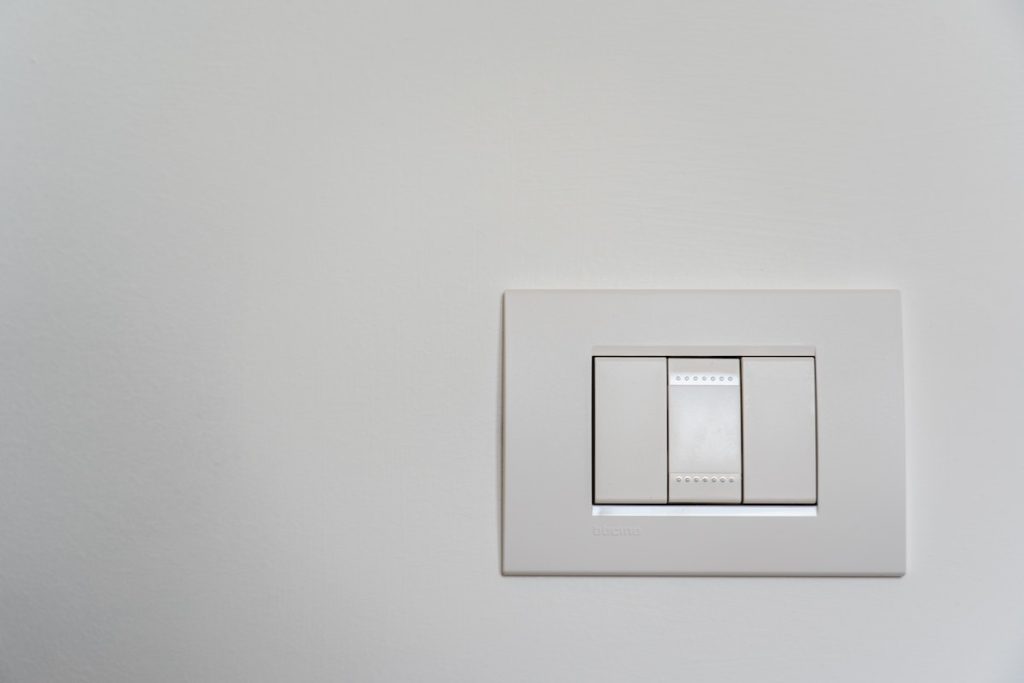As a parent, it’s essential to keep your children safe from all potential dangers – including electric shock. While it’s impossible to eliminate this risk, there are steps you can take to reduce the likelihood of your child being harmed significantly. Here are some expert tips on how to keep your children safe from electric shock.
Teach your children about electricity and how it works
In today’s world, children need to understand the basics of electricity and how it works. Electrical safety should always be stressed, so children know how to act responsibly when dealing with wiring or plugs.
The best way to teach about electricity is through fun demonstrations and hands-on activities where they can see the energy flow in action. It’s also important to explain the benefits of using electricity and why responsible use of this powerful resource is crucial for our environment.
Check for loose or damaged wires around the house.
It’s always a good idea to check your home for loose or damaged wires. Not only can they lead to fire hazards, but they may also cause electrical shocks and even significant malfunctions! Inspecting, tightening, or replacing loose wires can help mitigate any potential risks.
Wires with visible damage, such as frayed insulation, should be replaced immediately to ensure the safety of your household. Furthermore, ensure the wiring is up to code and maintained adequately; this way, you can keep your electronic devices safe and avoid damaging costly appliances.
You may contact your local electrician if you are unsure how to evaluate any potential risks or need help replacing wiring. Taking the time to review your home wiring routinely will pay off in the long run!
Show them where the fuse box is in your home and how to turn off the power
Knowing where the fuse box is located and how to shut off the main power in an emergency can be a lifesaver. As part of your home safety plan, it is essential to ensure that everyone in your household knows how to quickly and easily turn off the power.
The fuse box is typically located near other utilities, such as the water meter or breaker panel. Identifying it is as simple as following the “POWER” label or opening the door to find all your switches inside.
Taking a few minutes to go through the process of locating and showing everyone how to turn off the power will provide peace of mind and save you from potential damage in an emergency.
Explain what electrical appliances they can and can’t touch
Electrical appliances can be hazardous if mishandled. Touching the wrong things can result in severe shocks and even fires. It is essential to understand which appliance parts are safe to touch – typically, the outer surface and any accompanying switches.
On the other hand, plugs, cords, circuit breakers, and outlets should never be touched, as these elements contain live electricity that could cause a huge shock or permanent injury. Also important to remember is that water and electricity do not mix – keep all electrical appliances far away from any sources of moisture or liquid!
Supervise them when they’re using electrical appliances
When children are using electrical appliances, it is crucial to supervise them closely. You should be in the same room as the child when they are using an appliance, no matter how small or easy to use the device may appear.
This applies especially to kitchen appliances such as microwaves and ovens, which require a certain level of skill and understanding of safety measures. You should also pay close attention when your child is playing with toys with batteries or wires. Children must learn how to operate these items correctly as they grow up, so providing close supervision can help ensure that young ones use them safely and responsibly.
Keep an eye on them when they’re playing near electrical outlets
Electrical outlets are potentially dangerous, especially for young children. It’s essential to keep an eye on them when they’re playing near outlets to prevent any accidental electrical shocks that could cause injury or worse.
Make sure they understand they should not try to plug anything into an outlet; this knowledge can help prevent outward curiosity from resulting in serious harm. Investing in protective covers for the outlets is also wise – these simple devices can bring peace of mind and much-needed assurance that your child is staying safe.
Children are curious by nature and will want to touch everything they see, including electrical outlets and appliances. It’s essential to teach them about electricity and how it works so they can stay safe. Show them where the fuse box is in your home and how to turn off the power. Explain what electrical appliances they can and can’t touch. Supervise them when using electrical appliances, and check for loose or damaged wires before letting them play near electric outlets. Following these tips can help keep your children safe from electrical hazards.


